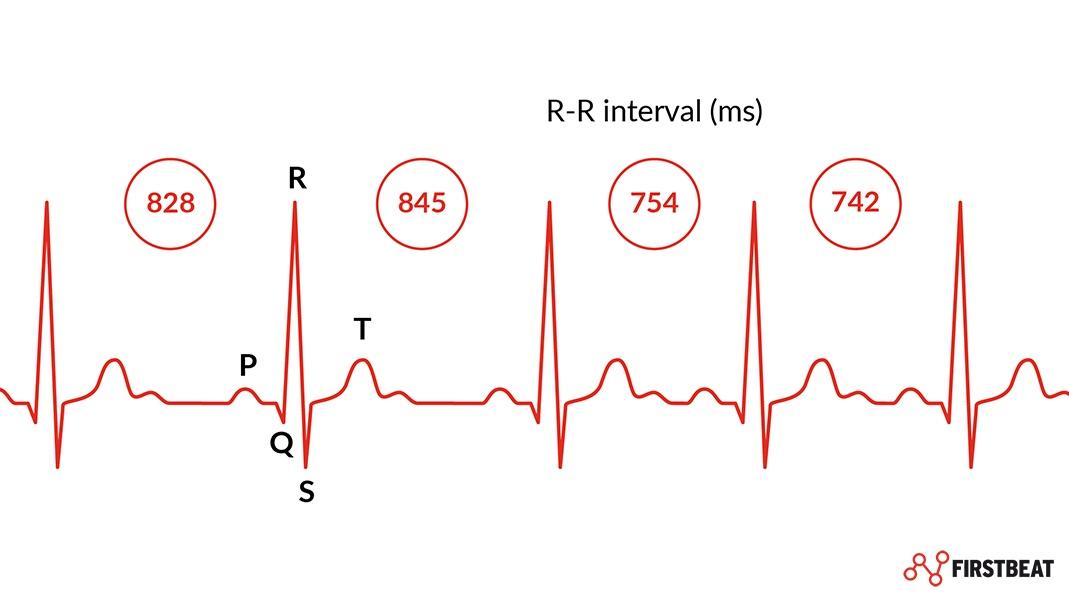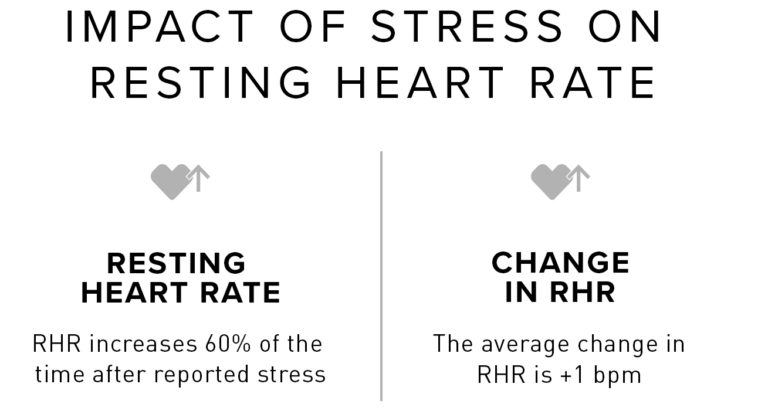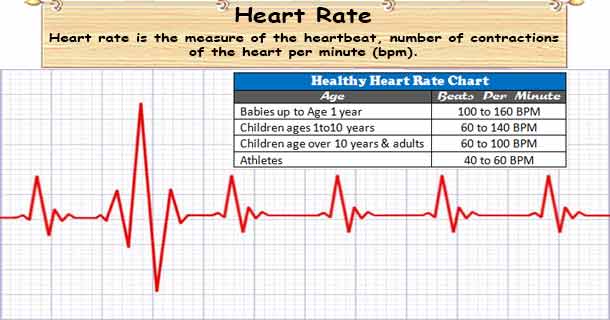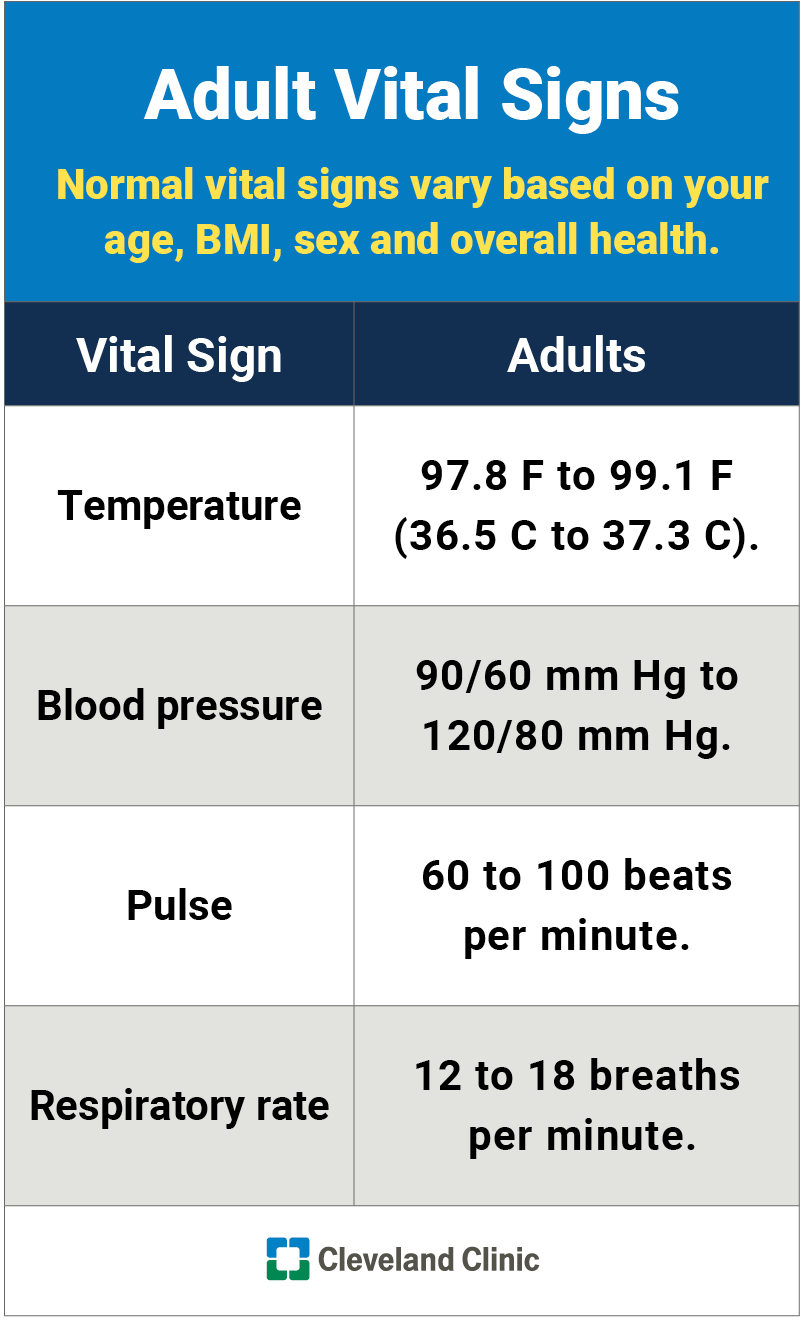What's a normal heart rate? Learn what your BPM means for your health
$ 14.00 · 4.6 (445) · In stock

A normal resting heart rate ranges from 60 to 100 beats per minute. Learn how to measure and lower heart rate as well as what factors can affect your heart rate.
Most people don’t think twice about what their heart rate is unless they’re experiencing distress or symptoms of a heart problem. However, it’s important to know what a normal heart rate should be, even if you don’t have heart problems. For adults older than 18 years of age, a normal resting heart rate should be between 60 and 100 beats per minute (bpm). Children ages 6 through 15 years should have a heart rate between 70 and 100 bpm. Let’s take a look at what these numbers mean, how to measure your heart rate, and what factors might cause your heart rate to go up or down.

What is Heart Rate Variability (HRV) & why does it matter?

How Revving Up Your Heart Rate, Even A Bit, Pays Off : NPR

Resting heart rate: No such thing as 'normal

What Your Resting Heart Rate Says About You
Vital Signs

Men who have a resting heart rate of 75 bpm are twice as likely to die early

Tachycardia: Fast Heart Rate
![]()
What Is a Healthy Resting Heart Rate?

What is a Good Resting Heart Rate by Age & Gender?

What your heart rate is telling you - Harvard Health
:max_bytes(150000):strip_icc()/Resting-heart-rate-3432632_final_-ed02e46064d94ab0ac96bd5e7ecebdb9.jpg)
Resting Heart Rate and Fitness

How's your heart rate and why it matters? - Harvard Health

Heart Rate What Factors Determine your Heart Rate?
